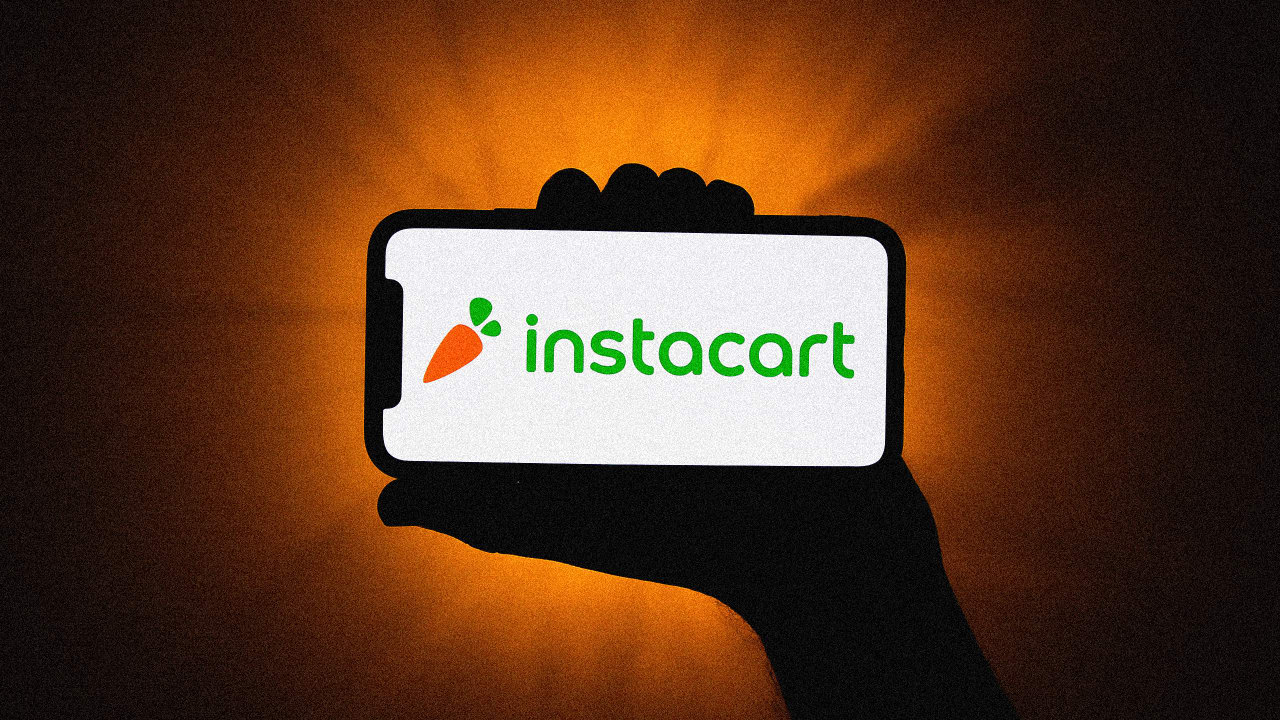In a highly anticipated move, Instacart, the popular online grocery delivery and pickup service, has priced its initial public offering (IPO) at $30 per share, valuing the company at approximately $20 billion. This announcement has set the stage for what many analysts believe could be a substantial jump in share price when trading begins, as investor interest in the fast-growing grocery delivery sector remains fervent.

IPO Pricing and Valuation:
Instacart’s decision to price its IPO at $30 per share is at the upper end of the expected price range, which was initially set between $23 and $30. This pricing indicates strong demand from institutional investors and the broader market.
The company is offering a total of 20 million shares in the IPO, raising $600 million in capital. Instacart had initially sought to raise around $1 billion, but the lower offering suggests a more cautious approach to market conditions.
Competitive Landscape:
Instacart, founded in 2012, has experienced significant growth in recent years, particularly during the COVID-19 pandemic when online grocery shopping surged. It partners with major grocery chains and retailers to provide same-day delivery and pickup services to customers.
The online grocery delivery space has become increasingly competitive, with major players like Amazon, Walmart, and DoorDash expanding their presence in this market. Instacart’s IPO comes at a time when the sector is experiencing rapid consolidation and investment.
Investor Expectations:
Market experts believe that Instacart’s IPO could see a significant first-day pop in share price as investors seek to gain exposure to the rapidly growing online grocery delivery industry.
The strong demand for grocery delivery services, coupled with Instacart’s established presence and partnerships with major grocery chains, has contributed to the high expectations surrounding the company’s IPO.
Challenges and Growth Potential:
While Instacart has experienced impressive growth, it also faces challenges, including fierce competition and the need to sustain profitability.
The grocery delivery sector’s long-term potential remains a topic of debate, with questions about whether the pandemic-driven surge in online grocery shopping will persist in a post-pandemic world.
Conclusion: Instacart’s decision to price its IPO at $30 per share has generated significant interest in the company’s market debut. With the first trade expected to occur in the coming days, investors will be closely watching how the shares perform. The IPO pricing suggests that Instacart is confident in its ability to navigate the competitive landscape of online grocery delivery and capitalize on the growing consumer demand for convenient and flexible shopping options. The coming weeks will reveal whether the first trade indeed exceeds the IPO price, reflecting the strong investor appetite for companies in the online grocery delivery space.












